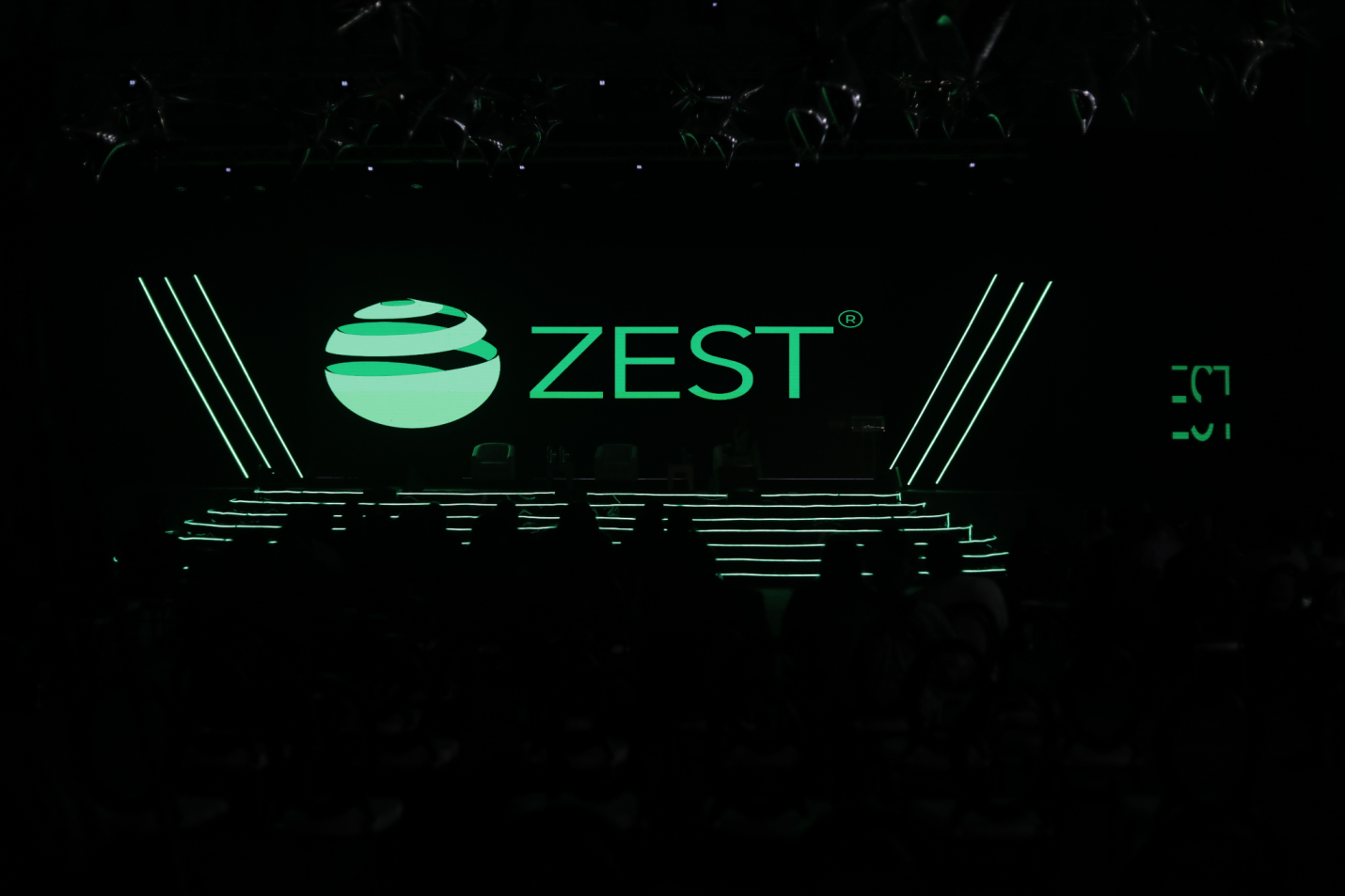Quick Read: Stanbic IBTC Holdings Plc, the Nigerian subsidiary of Standard Bank Group, has announced plans to recapitalize its fintech arm, Zest Payments Limited, with ₦4 billion ($2,480,040). This move follows the group’s recent ₦148.71 billion capital-raising exercise, with the fintech subsidiary set to receive approximately 3% of the total funds raised.
The investment aims to strengthen Zest’s position in Nigeria’s highly competitive fintech market, where it faces stiff competition from established players like GTCO’s HabariPay and Access Holdings’ Hydrogen.
Recapitalization Plan for Zest and Other Subsidiaries
During a recent investor presentation tied to the bank’s rights issue, Kunle Adedeji, Acting CEO and Group CFO of Stanbic IBTC, revealed that ₦5 billion (3.6% of the total capital raised) would be allocated to two subsidiaries.
“Zest Payments will receive about four billion naira, while one billion will be allocated to our venture business,” Adedeji stated.
This recapitalization comes at a critical time for Zest, which has struggled to achieve profitability since its launch in May 2023. The fintech arm, formerly known as Stanbic IBTC Financial Services, reported a loss of ₦1.2 billion in 2023, despite generating ₦68 million in total income.
Zest’s Struggle in a Competitive Market
Zest’s performance has lagged behind its peers. For instance, Access Holdings’ Hydrogen turned a profit in its second year of operation, while Zest continues to face challenges. In the first nine months of 2024, Zest increased its income to ₦93 million but also widened its losses to ₦1.89 billion.
Stanley Jacob, CEO of Zest, attributed the slower growth to the fintech’s unique positioning. “Zest is not a switch like other fintechs. Our strategy focuses on payments and e-commerce, primarily catering to businesses supported by our banking group,” he explained.
Zest’s core offering is an e-commerce platform designed to help businesses establish online sales channels. The platform features customizable product listings and integrates multiple payment solutions, including QR codes, USSD, card payments, and bank transfers. Additionally, Zest holds a Value Added Service (VAS) aggregator license for bill payments and a payment license.
“We currently have 25,000 products on our marketplace,” Jacob added.
A Path to Future Profitability
Despite its current challenges, Stanbic IBTC remains committed to revitalizing its fintech ambitions. The ₦4 billion recapitalization is expected to provide Zest with the resources needed to compete more effectively and achieve long-term profitability.
Jacob emphasized that Zest’s real year of operation began on October 4, 2023, making it relatively younger than competitors like Hydrogen and HabariPay. “The likes of Hydrogen and HabariPay are 18 months older than Zest,” he noted.
Looking Ahead
As the Nigerian fintech market continues to evolve, Stanbic IBTC’s investment in Zest reflects its determination to stay relevant and competitive. The full-year financial report for 2024 is yet to be released, but the recapitalization signals a renewed focus on innovation and growth in the digital payments space.
With this injection of funds, Zest aims to accelerate its market penetration, enhance its e-commerce offerings, and ultimately achieve profitability in the near future.


















